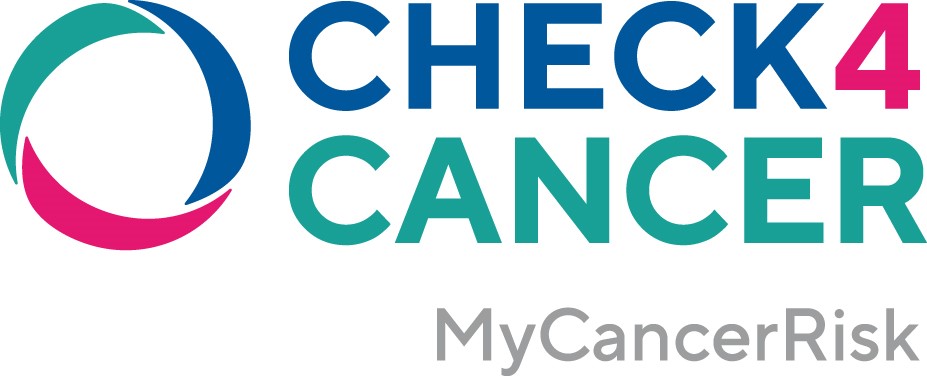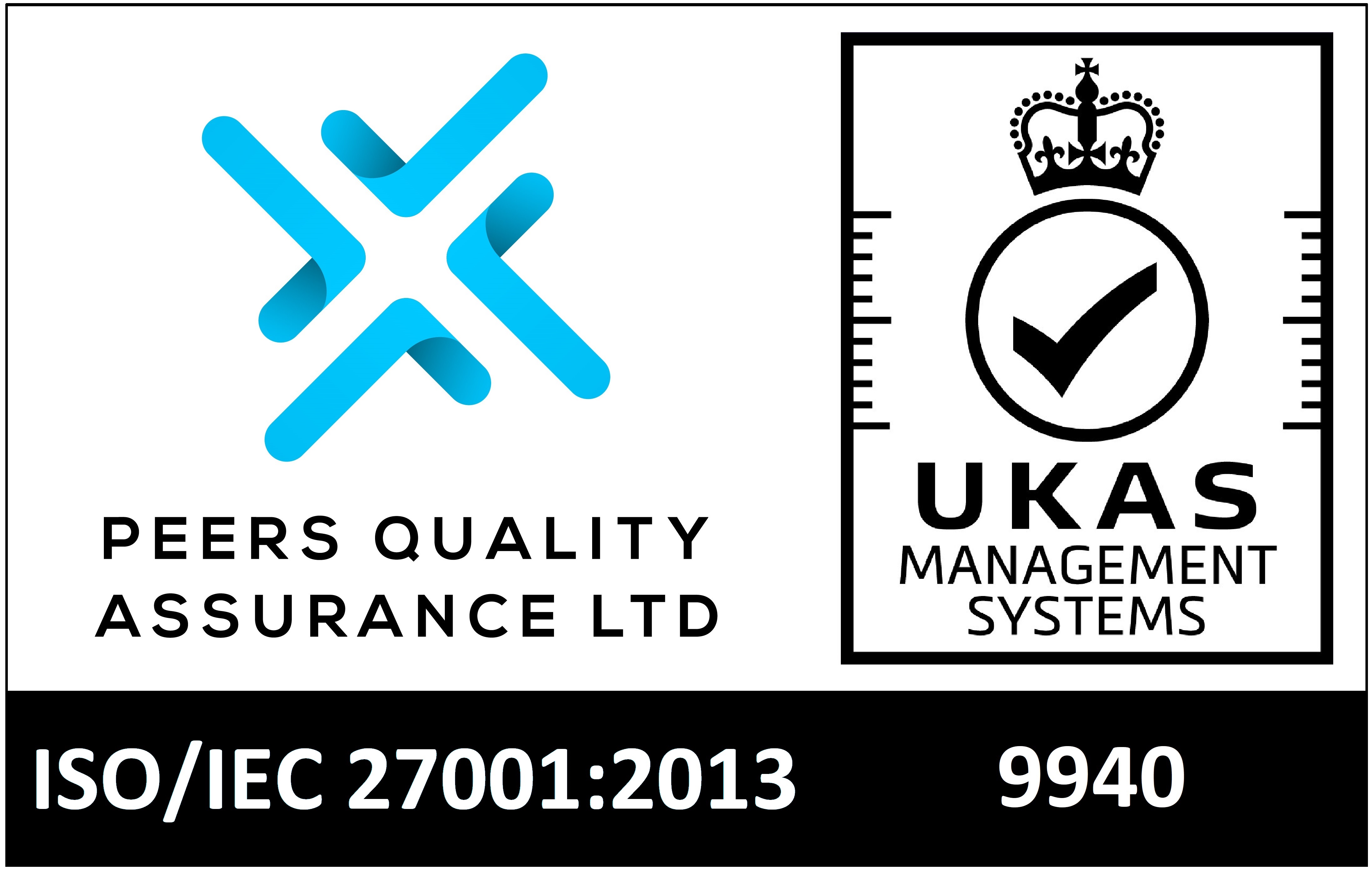One out of two Britons born after 1960 will get cancer during their lifetime which is a very alarming and sobering figure. Did you know that more than 40% of all cancers diagnosed in the UK are attributed to lifestyle and environmental factors1 and that 42% of cancers in the UK are preventable?
At Check4Cancer we firmly believe that education, awareness, and prevention is key to how you can reduce your cancer risk. We aim to arm you with the information you need so you can take preventive measures in your lifestyle choices to help minimise your cancer risk.
In this blog we are going to look at some of the lifestyle changes that you can make today to reduce your risk of developing some of the most common cancers in the UK.
Bowel Cancer - 54% of bowel cancer cases in the UK are preventable2
Eat less meat for your bowel
There is strong evidence that a diet high in red and processed meat can increase your risk of bowel cancer. Trying to reduce your consumption is therefore a great way to improve your health and could be a good chance to try some new recipes. Having some ‘meat free’ evening meals has the added benefit of increasing your vegetable intake which is not only good for overall health but there’s also evidence to suggest that a diet high in fibre could help to reduce your bowel cancer risk. High fibre foods include many vegetables as well as wholegrains, nuts, seeds and pulses.
Here are some other ways you can reduce your risk of bowel cancer:
- Reducing your weight if overweight or obese
- Reducing your alcohol intake
- Stopping smoking – find out more about starting a smoking cessation programme with the NHS by clicking here.
- Exercising regularly
- Having regular bowel cancer tests from age 45+
Breast Cancer – 23% of breast cancer cases in the UK are preventable3
Get into good habits and get to know your breasts and what is normal for you
Getting to ‘know your breasts' and what is normal for you is a great habit to start. Checking your breasts monthly so that you are familiar with how they normally look, and feel can help you spot any changes as early as possible. It’s a good idea to check them at the same time each month as your breasts naturally change over the course of the month with changing hormone levels. Becoming familiar with what’s normal for you will make it much easier to spot anything unusual. If you’re not sure what signs to look out for, check out our blog on the signs and symptoms of breast cancer.
A number of changes to your lifestyle can significantly reduce your risk of breast cancer including:
- Having children, especially at a younger age, and breastfeeding
- Reducing your weight if overweight or obese
- Increasing your physical activity
- Reducing your alcohol intake
- Avoiding HRT or oral contraception where possible
- Having regular breast cancer screening from age 40+ depending on your risk
Cervical Cancer - 99.8% of cervical cancer cases in the UK are preventable4
Scared of a smear test?
Attending a cervical smear test can be intimidating whether you’re embarrassed, don’t know what to expect or are scared by a previous experience. But don’t let this put you off. Cervical cancer is a very treatable disease if detected in its earliest stages so getting checked regularly is hugely important.
There are also several changes to your lifestyle which can significantly reduce your risk of cervical cancer including:
- Reporting to your GP any abnormal bleeding/symptoms
- Being vaccinated against HPV (Human Papillomavirus)
- Having regular cervical screening from age 25+
- Stopping smoking – find out more about starting a smoking cessation programme with the NHS by clicking here (21% of cervical cancer cases in the UK are caused by smoking5)
If you’re due a scheduled smear test, then try your best to attend the appointment if you can and try some of these tips to make it more comfortable. We understand that some people really can’t attend a cervical smear though, and that’s fine! Check4Cancer offers an at-home test to check for HPV (the virus that can lead to cervical cancer) so that anyone can get checked. HPVCheck is a fast and more convenient way to test for the HPV virus in the privacy of your own home.
Lung Cancer - 89% of lung cancers are preventable and 86% of these are linked to smoking 6
Give your lungs a breath of fresh air
Quitting smoking is the best thing that you can do to prevent lung cancer and many other cancers. It’s obvious but that’s why it’s so important! Whilst smoking isn’t the only cause of lung cancer, it is a massive factor. Around 86% of lung cancer deaths in the UK are caused by tobacco smoking and tobacco smoking is estimated to be responsible for more than 21% of all cancer deaths in the UK. Quitting smoking could dramatically reduce your cancer risk, as well as helping to improve overall health (and save you money!). It’s not easy, but support and advice is there to help you make this important change.
Find out more about starting a smoking cessation programme with the NHS by clicking here.
If you are a smoker and /or have a close family of lung cancer, consider lung cancer screening from age 50+
Skin Cancer – Over 80% of skin cancers are caused by UV radiation which means they can be prevented
Dreaming of the summer (and winter) sun
Around 80% of skin cancers are caused by over exposure to the sun and use of sunbeds and rates of malignant melanoma are rising faster in the UK than any other common cancer. Covering up in the sun and wearing a good quality, high factor sun cream is important to remember, as is keeping an eye on your skin and getting any symptoms checked as soon as possible.
You can significantly reduce your risk of skin cancer with several changes to your lifestyle, such as:
- Avoid over exposure to the sun
- Avoid the use of sunbeds
- Wear a hat or protective clothing to protect your head, face, neck and shoulders
- Apply a high factor 4* rated waterproof sunscreen every two hours
- Wear sunglasses with UV protection
- Move into the shade from 11.00hrs – 15.00hrs when UV is strongest
- Consider regular skin cancer screening
Obesity is the second biggest cause of cancer in the UK - more than 1 in 20 cancer cases are caused by excess weight7
Did someone say healthy diet and exercise?
A healthy diet and regular exercise is THE BEST way to maintain a healthy lifestyle. Being overweight or obese is a risk factor for many cancers so reducing your weight to a healthy level is a positive step in reducing your cancer risk.
References
1 https://www.cancerresearchuk.org/health-professional/cancer-statistics/risk/preventable-cancers#heading-Two
2 https://www.cancerresearchuk.org/health-professional/cancer-statistics/statistics-by-cancer-type/bowel-cancer#heading-Three
3 https://www.cancerresearchuk.org/health-professional/cancer-statistics/statistics-by-cancer-type/breast-cancer#heading-Four
4 https://www.cancerresearchuk.org/health-professional/cancer-statistics/statistics-by-cancer-type/cervical-cancer#heading-Three
5 https://www.cancerresearchuk.org/health-professional/cancer-statistics/statistics-by-cancer-type/cervical-cancer#heading-Four
6 https://www.nice.org.uk/guidance/ng122/chapter/Context
7 https://www.cancerresearchuk.org/about-cancer/causes-of-cancer/obesity-weight-and-cancer/does-obesity-cause-cancer




